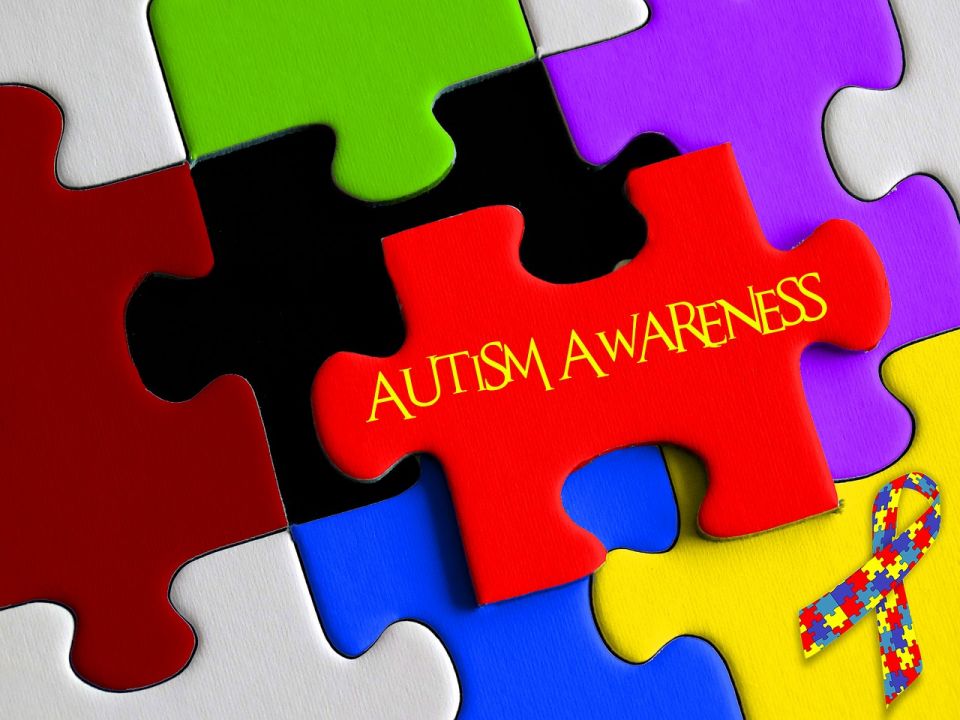Evidence Based Communication for People with Autism
03/02/2017 | Written by Nikos Vasilellis in Special Needs
Autism is a lifelong developmental disability that affects the way people interact with, and learn from, other people and their environment. Each person with autism has an individual learning profile of strengths and difficulties, leading it to be described as a ‘spectrum’ disorder. As Dr Stephen Shore once said, “If you’ve met one person with autism, you’ve met one person with autism." Nevertheless, to receive a diagnosis of autism, all people must present with (1) social-communication difficulties and (2) restricted, repetitive, and/or sensory interests and behaviours.
There is a range of evidence-based communication interventions available for children with autism, as well as a large number of ineffective and, at times, harmful interventions. Parents, caregivers, and educators should consult speech pathologists who understand the science behind communication interventions, in orderto select an approach that is most likely to suit the person’s needs. Research has shown that there is currently no single best intervention for all intervention with autism, given it is a spectrum disorder, and thus interventions that claim to work equally well for all individuals, or to ‘cure’ autism, should be avoided.
So what can swimming teachers do to support students on the autism spectrum? Here are some tips based on the lessons learned from research to date.
1. Don’t assume anything! As noted above, each student on the spectrum will present with individual strengths and difficulties, as well as preferences and personality. This is true of all students with or without disability, and sometimes it takes a little while to work out how best to teach each student. Feel comfortable to take this time, and work with the person who knows her or him best to develop your plan.
2. Have great expectations! There is no physical reason why a child, adolescent, or adult with autism should not be able to swim. However, they may have difficulty coping with the busy learning environment. Which brings us to the third tip...
3. Support comprehension. Many individuals on the autism spectrum have difficulty understanding other people’s verbal and non-verbal communication, especially if they are feeling anxious or uncertain. Where possible, establish a routine for lessons so the steps become predictable, simplify your language to the most important key words and use these consistently, and try to ‘show what you mean’ using natural supports (e.g., holding up kickboard to indicate next part of lesson) and/or pictures to illustrate the steps.
4. Apply what already works. Generally speaking, long before a student on the spectrum first comes to your pool, others will have worked out how best to support his or her learning more broadly. These people include parents, caregivers, teachers, allied health workers, other family, and friends. Start by asking for this information, and apply the strategies that have worked successfully in other settings.
Learning to swim is not only essential for safety, it also provi es an extremely valuable opportunity for social engament, learning, and participation in what can be very fun enjoyable environment. Through working parents/Caregivers , speech pathologists, and other professionals and educators, swimming teachers can maximize their chances of success when it comes to supporting students on the spectrum to learn to swim. In doing so,they don't only help secure each student's safety,but also broaden the range of rich and rewarding water-based activities that he or she can enjoy.
Source:
David Trembath | Senior Lecturer
Co-Leader Rehabilitation and Resilience Group